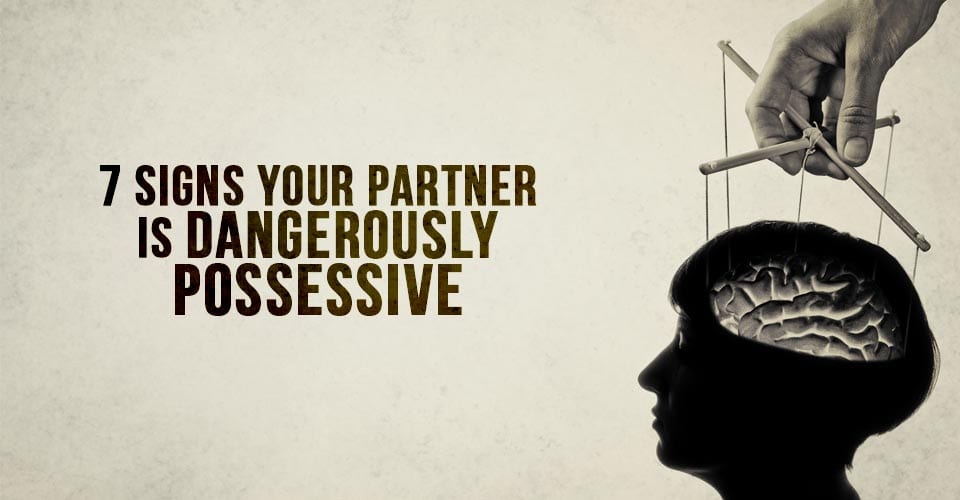“Before, I wanted to say: “I found love!” But now, I want to say: “I found a person. And he belongs to me and I belong to him.”
― C. JoyBell C.
Often, we feel a warm sense of belonging with our partner. We belong to them, and they to us. In a healthy relationship, this is mixed with elements of individuality, autonomy, and personal identity. We belong with our partner, but we are controlled by ourselves.
There is a big difference between belonging to your partner and being possessed by them.
The line can be tricky to navigate, but it is important.
Has your partner’s sense of belonging turned to an unhealthy dynamic of possession and control?
Here are seven ways to tell:
1. They use love to justify toxic behavior.
When you tell your partner their actions have made you feel uncomfortable, they try to convince you it’s okay because their unhealthy choices were made out of love. The expect you to accept less than you deserve, rather than using love to change their own behavior in a healthy direction.
2. They manipulate your emotions and self-image.
Your partner finds ways to diminish your confidence. They may use emotional abuse, gaslighting, or passive-aggressive behavior. They convince you that you are not good enough, and are lucky to have them. You start to feel that it’s for the best if they make all the choices in your relationship.
3. They check in on you constantly.
Whether you are out with friends or studying at the library, your partner is always blowing up your phone. They need to know where you are – and who you are with – at all times. This is a way to assert dominance and control over you even when you are not together. They may try to tell you this behavior is normal, or that it comes from love (see #1). However, this dynamic does not happen in relationships that are healthy, trusting, and secure.
4. They try to control your personal appearance.
Your partner may pressure you to wear a skirt that you feel is too short, or forbid you from wearing skirts altogether. They may demand you keep your hair a certain length or ask that you wear more or less make-up than you would like. This is a way for them to control your most personal decisions and affect your self-image. It can also be a way to make you appear more or less attractive to others, in an attempt to quiet their own jealousy or boost their ego. Whatever your partner’s reasoning, this dynamic does not indicate a relationship with healthy boundaries.
5. They don’t respect your personal boundaries.
Your partner may read your text messages, demand your email password, or stop by unexpectedly to confirm that you are where you said you’d be. You have no secrets. There is no place that is truly your own. A sense of privacy is important to your mental health. By failing to respect your personal boundaries, your partner is selfishly taking this away from you.
6. They refuse to make nice with your friends.
An overly possessive partner may attempt to sabotage your friendships. They want to isolate you. The less support you have from friends and family, the more dependent you will become on your partner. In a healthy relationship, your partner will encourage your friendships. In an unhealthy one, they may criticize, create conflict, or even be openly hostile.
7. They always get what they want.
Arguing with your partner is futile – you’ll never win. They might disguise their demands as questions, but you know you do not truly have the option to say no. If you don’t give in to your partner’s wishes, they will make you miserable until you cave. They may threaten you, withdraw from you, or use emotional blackmail. Whatever their process, they will always get their way.
“Because true belonging only happens when we present our authentic, imperfect selves to the world, our sense of belonging can never be greater than our level of self-acceptance,” wrote Brené Brown. Don’t settle for a relationship like the one described here. Find a partner who not only belongs to you, but helps you belong to yourself.



